Why should I take a hormone test?
The body’s hormones are essentially responsible for controlling and balancing nearly every major system. Hormones impact our growth and development, control our mood, determine how we’ll handle stress, and influence how the body breaks down food. Hormone testing is the best way to determine if your hormone levels are optimal, or adversely affecting your health.
Hormone levels fluctuate our whole life, and changes may be due to our natural aging process, or changes may indicate that there’s something amiss that needs attention.
Hormonal imbalance occurs when our hormones are not produced at optimal levels. And symptoms will depend on which hormones or glands aren’t working properly. Some of the major hormones found in the body include:
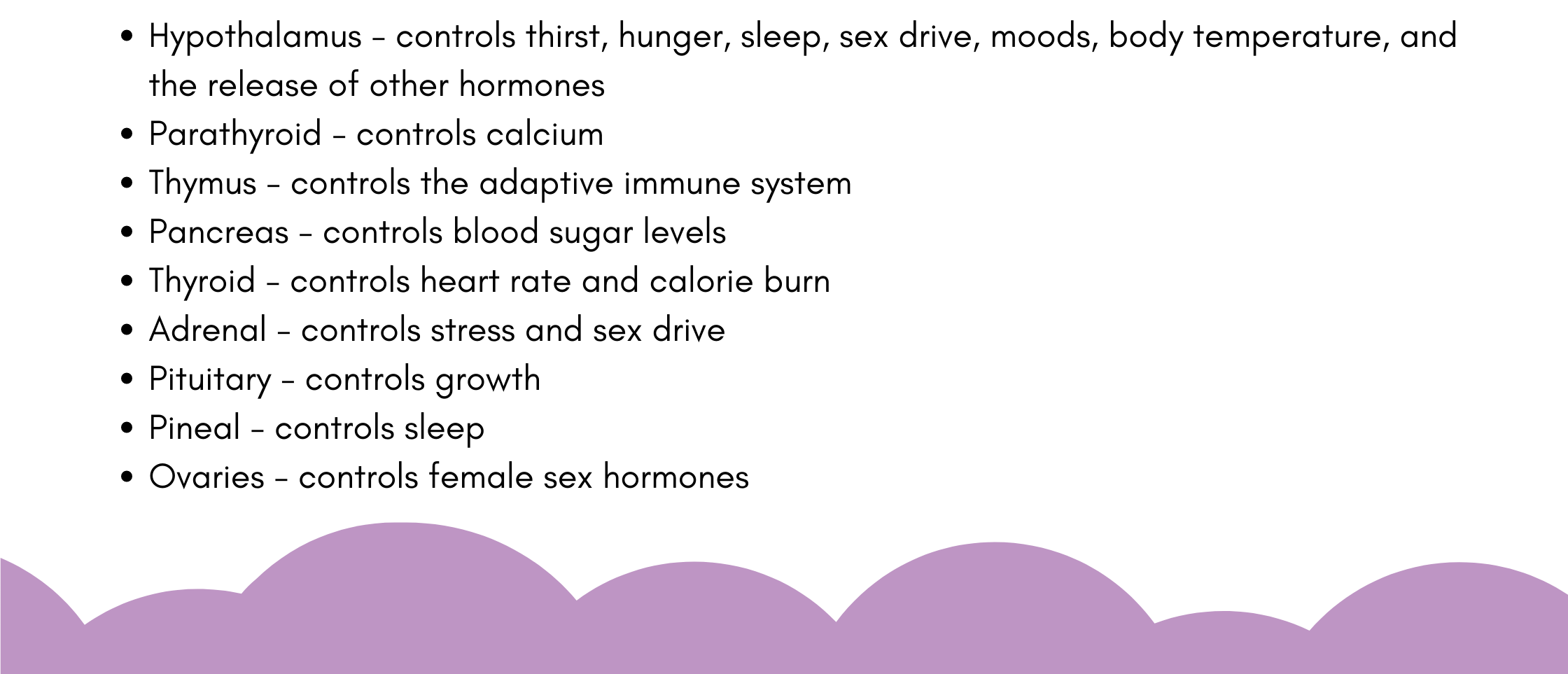
Because hormones and their functionalities are so varied, there’s no single way to detect a hormonal imbalance. A wide range of issues can indicate that something is amiss with your hormones. This is one of the reasons why your best bet is to get tested occasionally, especially when you start developing uncommon symptoms. By the way, symptoms are something you want to pay attention to. When you start noticing irregularities, take heed – don’t ignore them. Symptoms are part of our body’s innate system, indicating something isn’t right. So please, if you’re having symptoms, don’t wait for them to just go away. Give them attention, seek professional advice from a trusted and knowledge medical professional. (*and if you need a recommendation, I’m happy to provide one)
There are many different types of hormones – hormones for adrenals, sex, mood boosting, growth, appetite control, even insulin for blood sugar regulation.
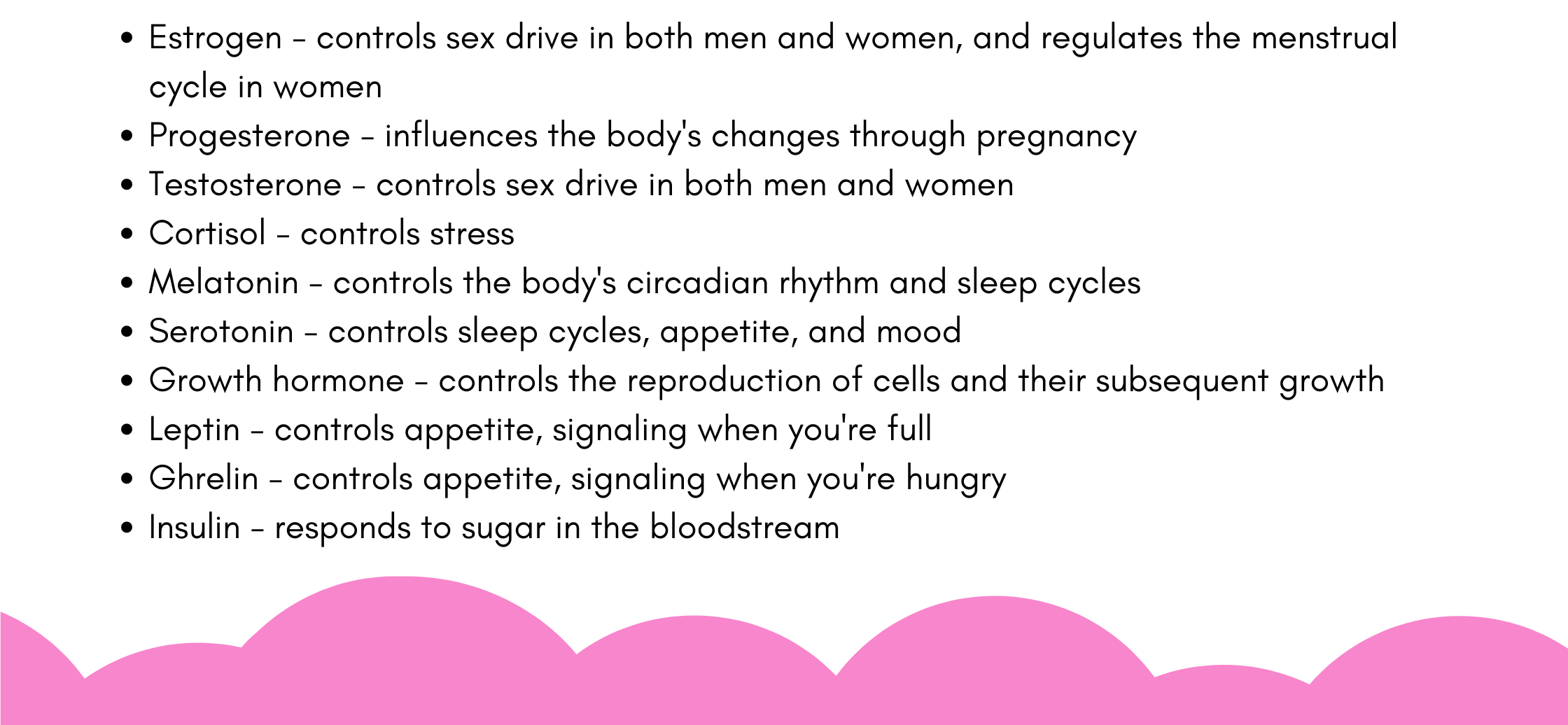
when should i consider hormone replacement?
Life transitions (like menopause and pregnancy) can cause hormonal imbalance, and it this can be a problem for both men and women. In some cases, even children, adolescents, adults, and the elderly may find their hormones out of balance.
But since my passion is empowering midlife women to thrive at this stage in their lives, let’s address some of the most common symptoms women-of-a-certain age face:
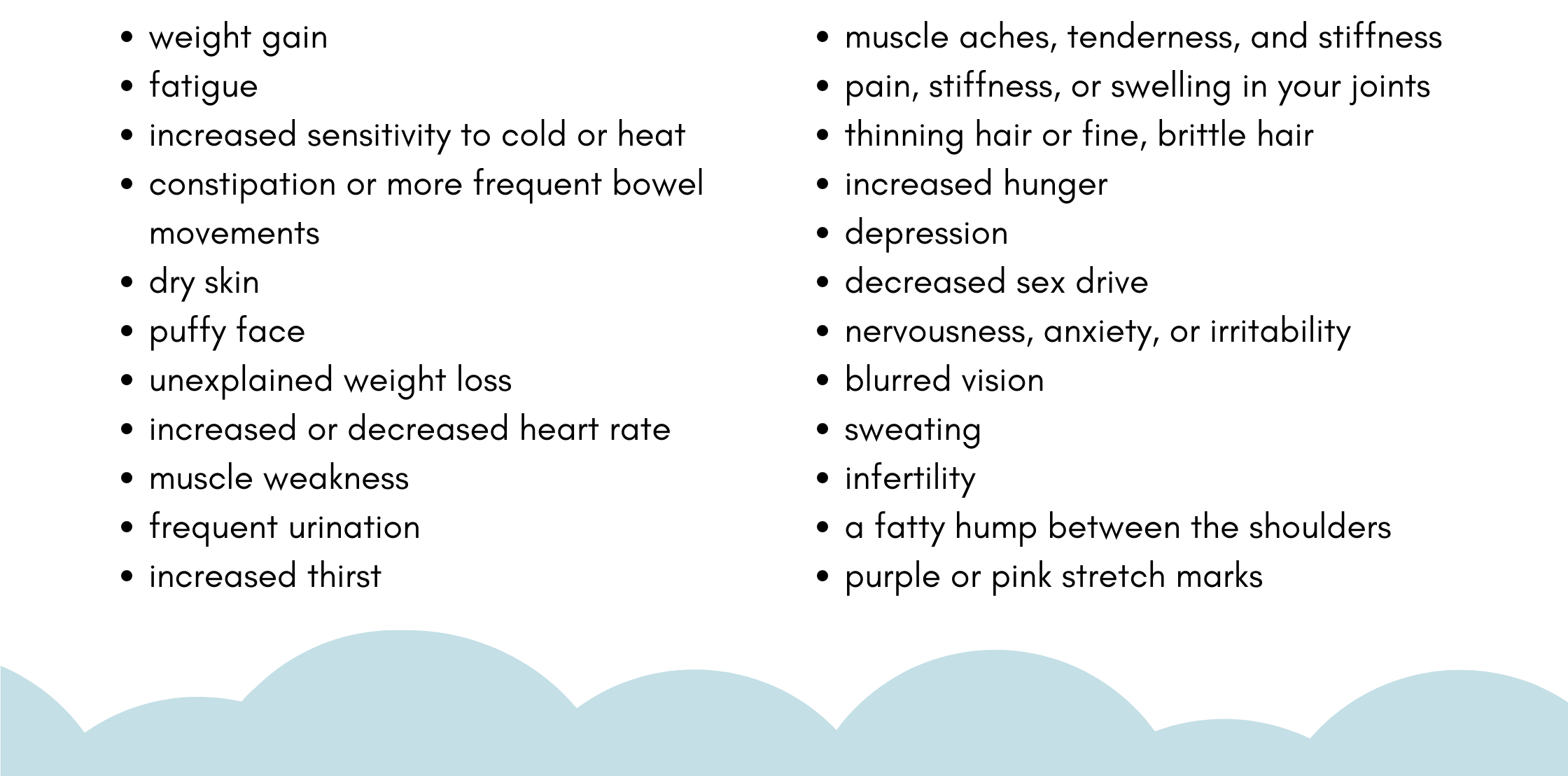
Let’s not forget some of the most especially unwelcome symptoms that are very specific for peri-menopausal to post-menopausal women:
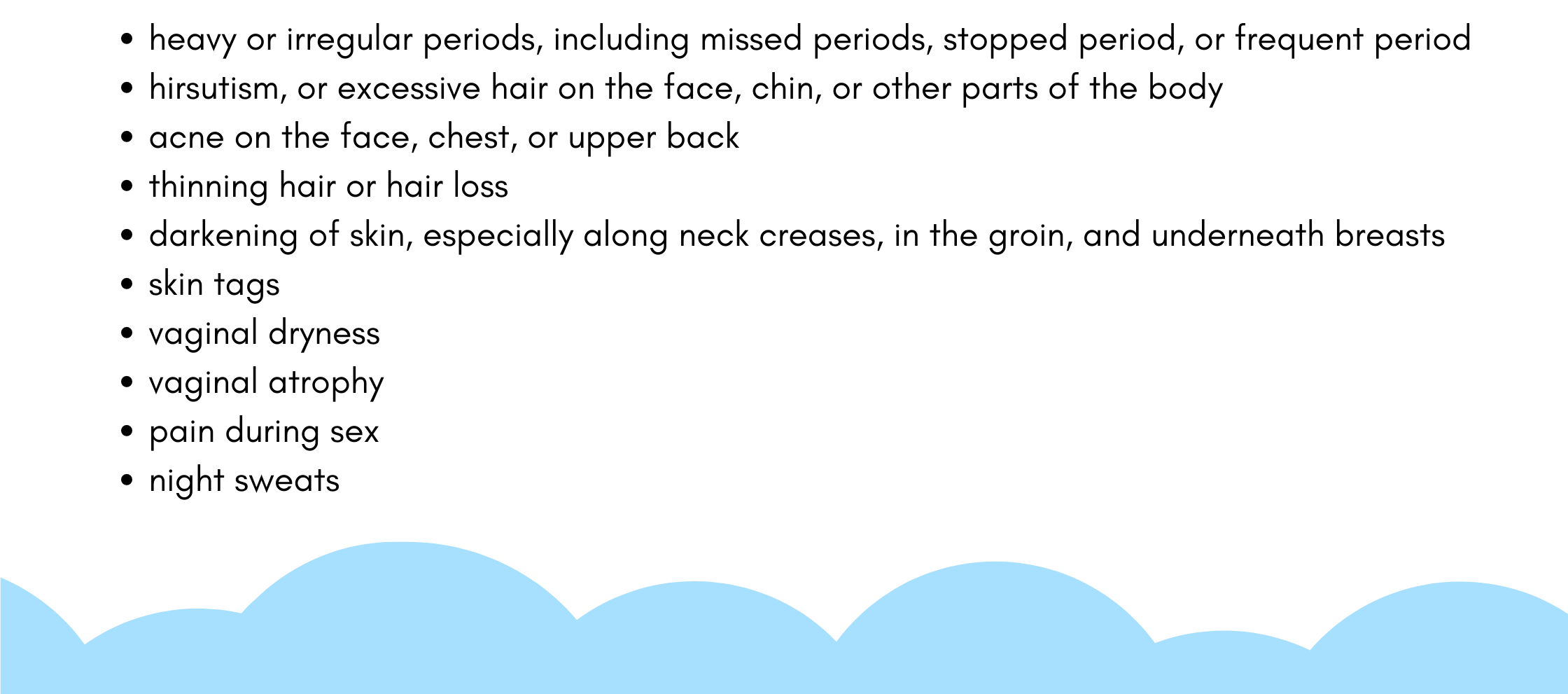
Many symptoms of hormonal imbalance can be confusing. And that’s pretty frustrating. For example, both weight gain and weight loss can be symptomatic of hormonal imbalance. So, it’s really difficult to just rely on symptoms to understand which specific hormone is the root of the problem. This is why testing is so important. If you’re experiencing any of these symptoms, I suggest that you get your hormones checked. An imbalanced hormone should never be neglected and ignored. Contrary to popular belief, these symptoms are not just a part of “getting old.” If you’ve accepted that and no one has ever told you it doesn’t have to be this way, here I am – telling you it doesn’t have to be this way. You can have vitality and zest during the last third of your life, as you did the first two-thirds. Who knows? With balanced, optimal hormone levels – it could even be the best season of your entire life.
causes of hormonal imbalance
There are many possible causes for hormonal imbalance. Causes differ depending on which hormones or glands are affected. Common causes of hormonal imbalance can include:
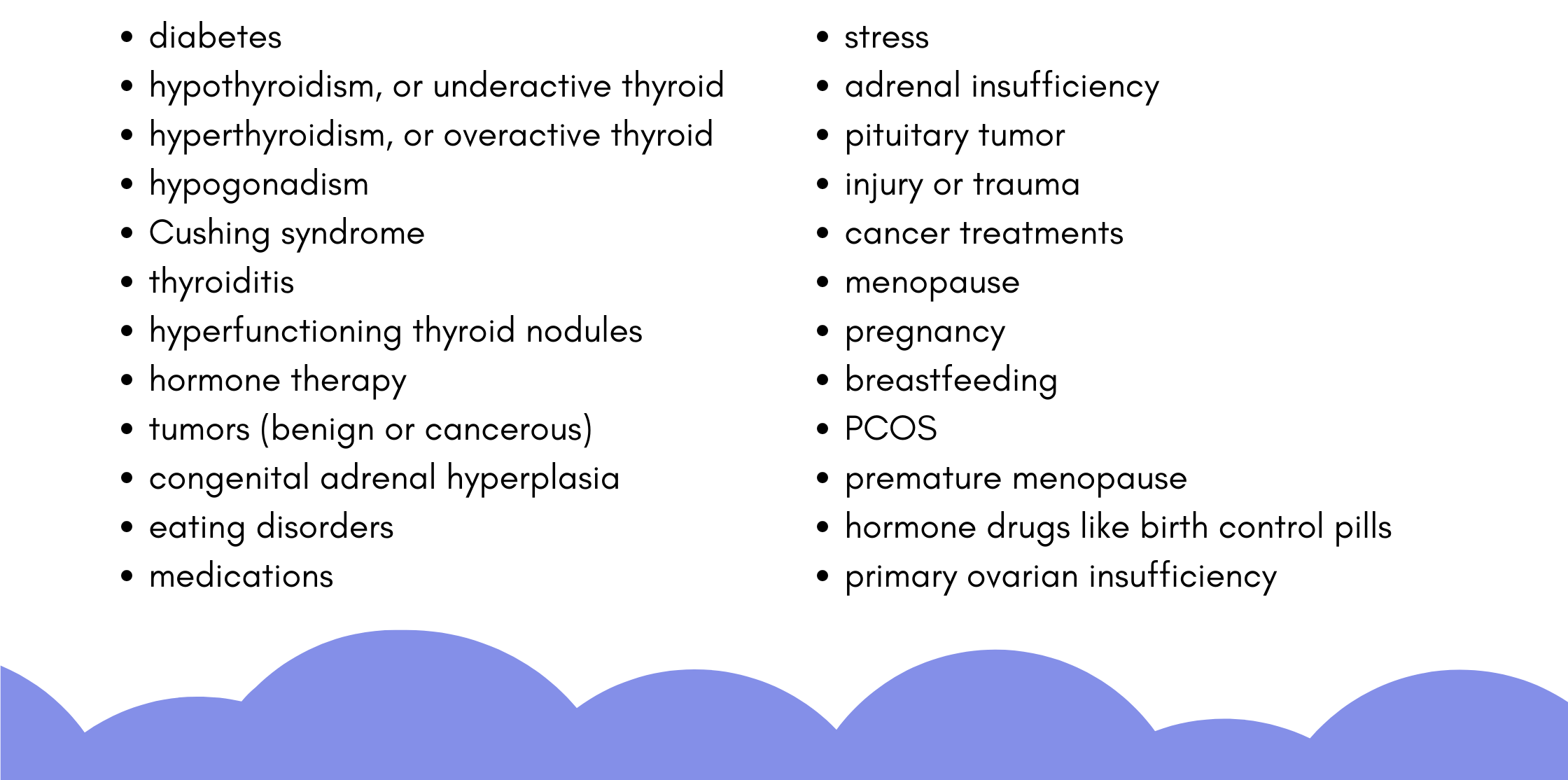
testing sex & adrenal hormones
Since we’re focusing on midlife women and hormones in this post, let’s discuss sex and adrenal hormone testing options specifically. There are four ways to test sex and adrenal hormones which can help detect a hormonal imbalance. Remember, your symptoms are key and will help to determine which type of testing would be right for you. If you’d like some guidance in landing on your ideal testing option, I’d love to help! Just click here to schedule your free consult today.
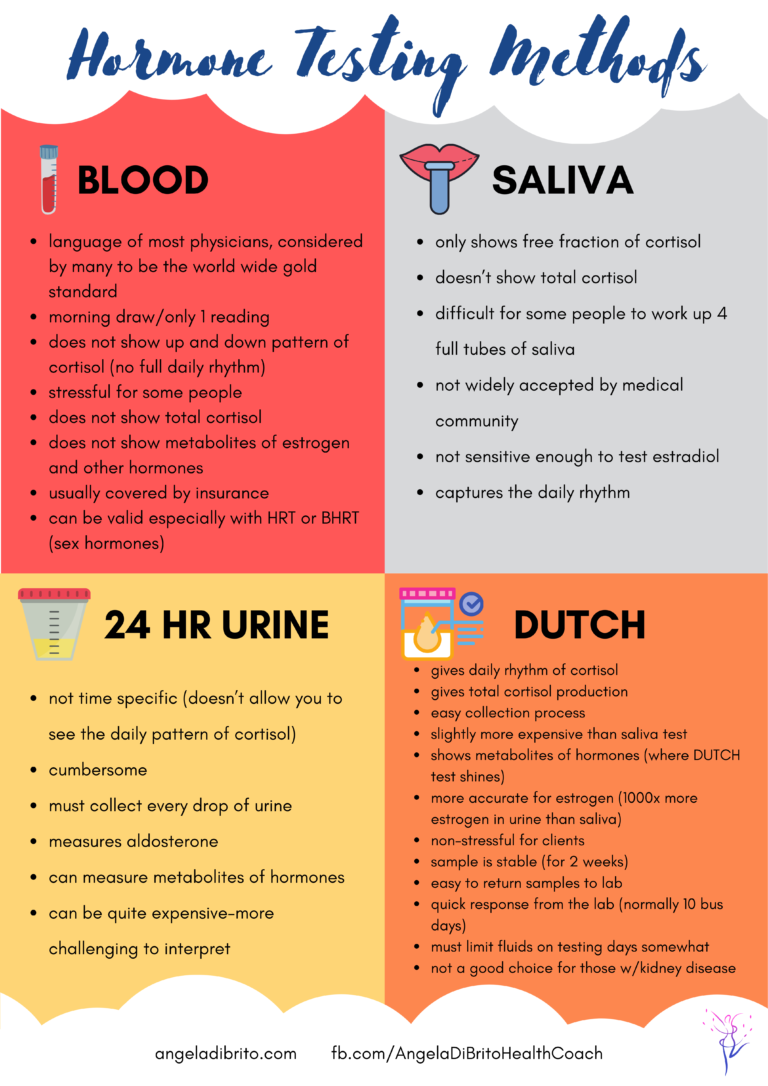
Yourlabwork offers blood testing at your own convenience. They offer a wide range of individual tests which you order yourself. Results are available as soon as 48 hours. Your lab report will provide valuable insights and help you better understand and optimize your personal health. No appointments required! Unless you’d like an appointment with me to go over your results and brainstorm a plan to help optimize your health 😉
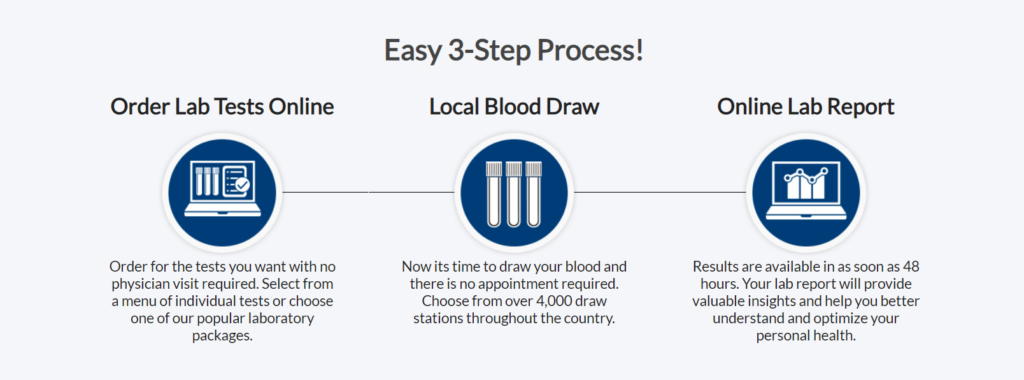
Dried urine test for comprehensive hormones (DUTCH) uses dried urine, and studies have shown that the accuracy is comparable other testing methods – but this is an easier method of collection and eliminates the need for multiple tests. DUTCH offers different options for testing, so here’s some helpful information on choosing the one that’s best for you.
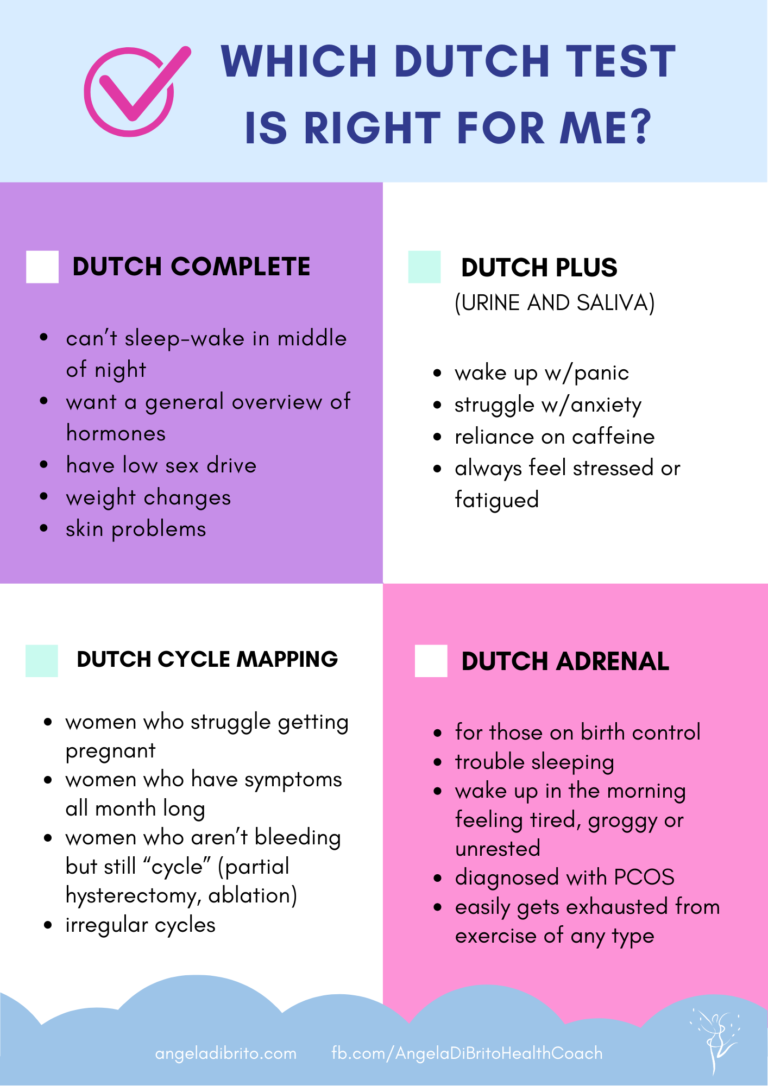
Read more info about DUTCH here.
Book an appointment with me (which btw is free) so we can discuss which type of testing is best suited for you.
After that, you can purchase your own tests by using this link for Yourlabwork and this link for DUTCH tests (I offer a $100 discount for DUTCH tests when you book a consultation with me).
Additional tests might be needed. If your doctor is concerned about a particular gland in your body, they might order an ultrasound. This can be the case for testing the pituitary gland, uterus, ovaries, and thyroid. An X-ray or MRI will offer further opportunities for imaging. Depending on the results of prior tests, even more testing might be needed to gather more information. Your healthcare provider might order a biopsy of a problematic gland to find issues with that specific gland.
treating hormonal imbalance
There are many different treatment options for hormonal imbalances. The treatment will depend on which hormone (or hormones) is unbalanced as well as the underlying cause of the imbalance. Sometimes, a life event might cause such a fluctuation in your hormones, such as menopause.
Hormone replacement therapy (HRT) is a common treatment for hormonal imbalances. And not just any HRT, but specifically Bioidentical Hormone Replacement Therapy – which uses hormones that are identical to our own on a molecular level. Women experiencing uncomfortable (and unnecessary) menopausal symptoms commonly seek out estrogen and progesterone replacement therapy (sometimes testosterone too). Taking thyroid hormones can help individuals with hypothyroidism. Such hormone replacement therapies may come in the form of creams, pills, patches, or even injections. Some are over-the-counter and some are prescribed. Although it’s a big part of the picture, replacing hormones isn’t the end of the story if you want to live optimally.
Natural ways to maintain healthy hormones
HRT can significantly improve mid-life hormone balance. Most often, we need to do more. Women of a certain age are also dealing with gut dysfunction, food intolerances, less-than-active lifestyles, weight gain, sleep quality issues and more. Changes in diet and lifestyle are also necessary to optimize female hormonal imbalance and vitality. These are some of the things that I focus on with my clients, to help them successfully navigate and thrive at this incredible stage of life.
I want to leave you with some practical ideas for changes you can make to nourish your hormones and restore balance.
- Weight control – fat loss contributes to healthy and balanced hormones
- 30 minutes of activity daily, including resistance and aerobic exercise. Move in ways that you love – don’t exercise in ways you “should”
- Dietary changes that include replacing processed, fatty and sugary foods with lean proteins, healthy fats and a wide range of fresh fruits and vegetables
- Limit alcohol consumption – or eliminate it altogether – your brain, skin, and sleep will love you for it
- Eliminate tobacco consumption
Be sure to follow me on my Facebook page and Instagram for additional tips and information!
And there you have it! This was a long read, but I hope you learned a thing or two and you now have some insights about your hormones and why you might consider taking a hormone test.
I started testing my hormones in my early 40s because my periods were changing and I didn’t know why. I took blood serum tests and also the saliva test. Let me say, that saliva test wasn’t the easiest thing to do! At the time, I didn’t have a great understanding of hormones and what the results said about what was going on in my body. I trusted the professionals to relay that information to me. Which is unfortunate, because I wasn’t told anything helpful. You know why? Because they considered all of my symptoms of peri-menopause to be perfectly normal. (Btw – not one of them even mentioned peri-menopause to me so I had no idea it was even a thing.) So naturally, I just accepted everything as it came, thinking – this is just what happens. I’m getting older and it’s getting harder to stay lean and what even is this little chub growing around my midsection?! Hot flashes – night sweats – irritability – migraines – my lack of libido and the desert between my legs – those were all normal and nothing was to be done about it, right? Oh, and let’s also consider the fact that I’m a breast cancer thriver – so neither my gynecologist nor my GP would even touch the subject of HRT with me – at all. So I suffered, a good, long, 3 years.
And then I started learning about hormones – mid-life ones specifically. I learned that I didn’t have to “suffer through it” and it doesn’t have to be my normal. Better than that, I learned that suffering through would actually add to difficulties and disease in the long run. Because estrogen is a vital component to womens’ health and vitality and without it (which is where we are headed in menopause), my life was increasingly diminishing in a multitude of ways. I’d love to say more, but I’ll save it for another post. (I am always happy to answer questions though – so be sure to reach out with any and all!) Let me just end by sharing I’ve been on Bio-identical HRT for the last 6 months and am having the best experience. I am under the close supervision of an expert in the the field of anti-aging for women and we are still tweaking some things. I cannot recommend seeking out a well-known and seasoned expert in the field of anti-aging/HRT highly enough. My hope for you is that you will consider yourself a priority and do the same.
Please feel free to share this with family and friends! Knowledge is power – help me spread the word!




